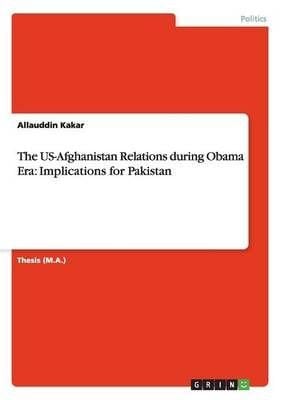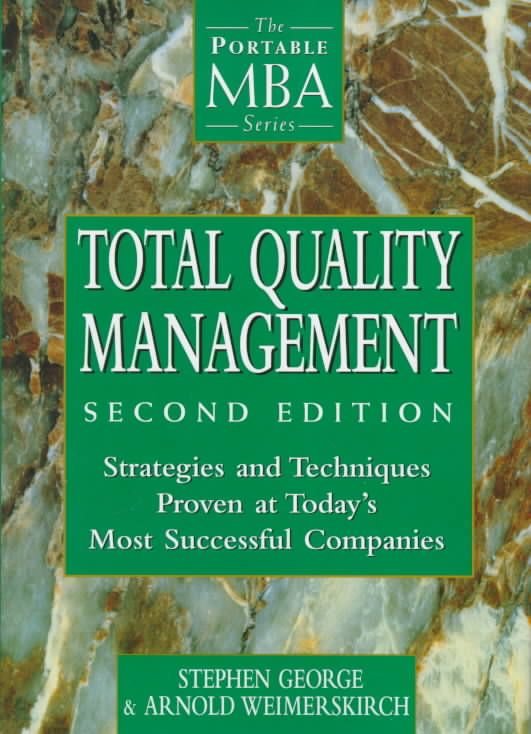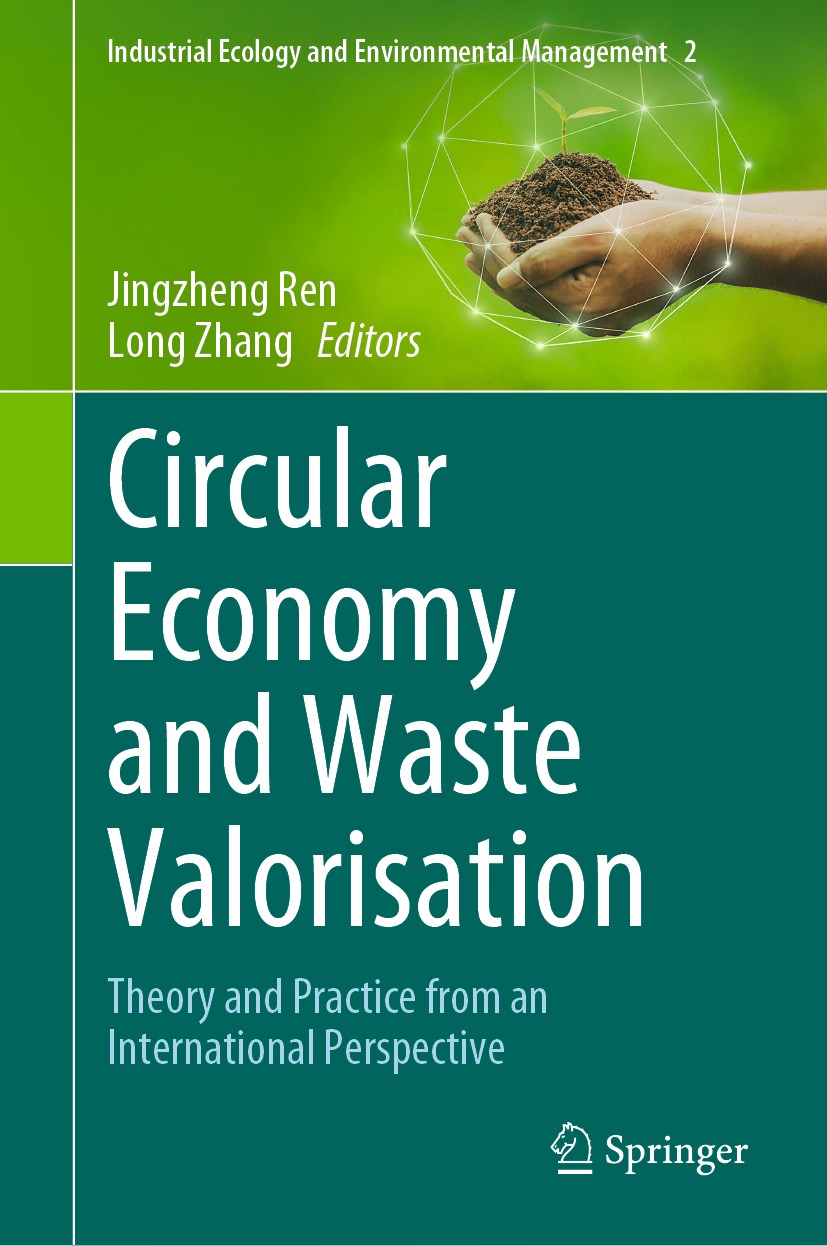Thesis (M.A.) from the year 2014 in the subject Politics - International Politics - Region: South Asia, grade: B, Quaid I Azam University (School of Politics & IR), course: International Relations, language: English, abstract: In the context of 9/11 and the ongoing war against terror, the US role in Afghanistan has transitioned from Bush’s engagement to Obama’s end game for Afghanistan. This transition has been put forth in the form of the US-Afghan exit strategy and the US Af-Pak policy. Both these policies and strategies do not only affect the state of Afghanistan alone but also the other state regional stake holders in this region. One of the primary affected parties in this Afghan quagmire is Pakistan which has a major stake in the peace and stability of Afghanistan. Pakistan is a neighboring state of Afghanistan, which played an active role in supporting the Afghan Jihad against the Soviet invasion inside Afghanistan. In the Post-Soviet era inside Afghanistan, Pakistan like the other regional powers tried to protect its national interests in the region through proxy involvement in Afghanistan. It was the support from Pakistan which played a crucial role in the ascendance of the Taliban movement inside Afghanistan. In the aftermath of the 9/11 and the rise of militancy in the South Asia, Pakistan suffered a lot in terms of human and financial loss. Terrorism is not only a problem of US and the Afghanistan alone. Pakistan considers it as its biggest problem in the contemporary security environment. The enunciation of US Af-Pak policy and exit policy; safe havens of terrorists in the tribal regions of Pakistan; drone attacks inside FATA; the blame game against the Pakistani security agencies, the Indian role inside Afghanistan; Pakistan’s bilateral and multilateral relations with its regional neighbors on the issue of militancy and extremism; breach of Pakistan’s red lines by the US …












